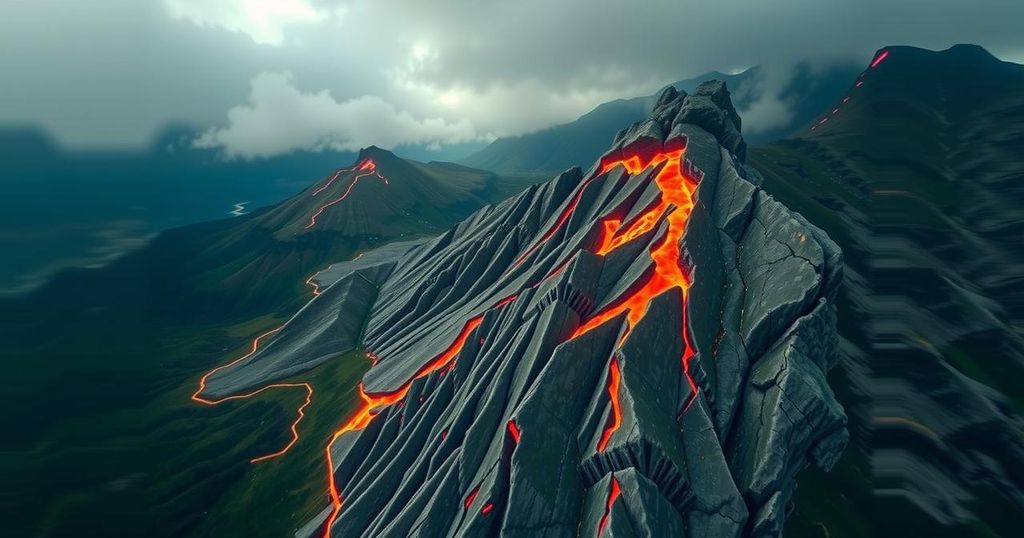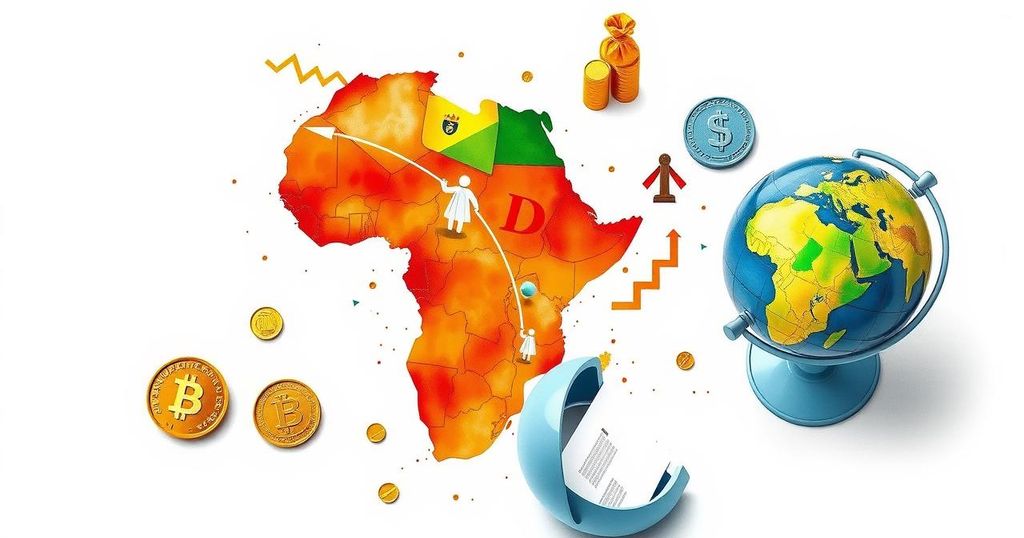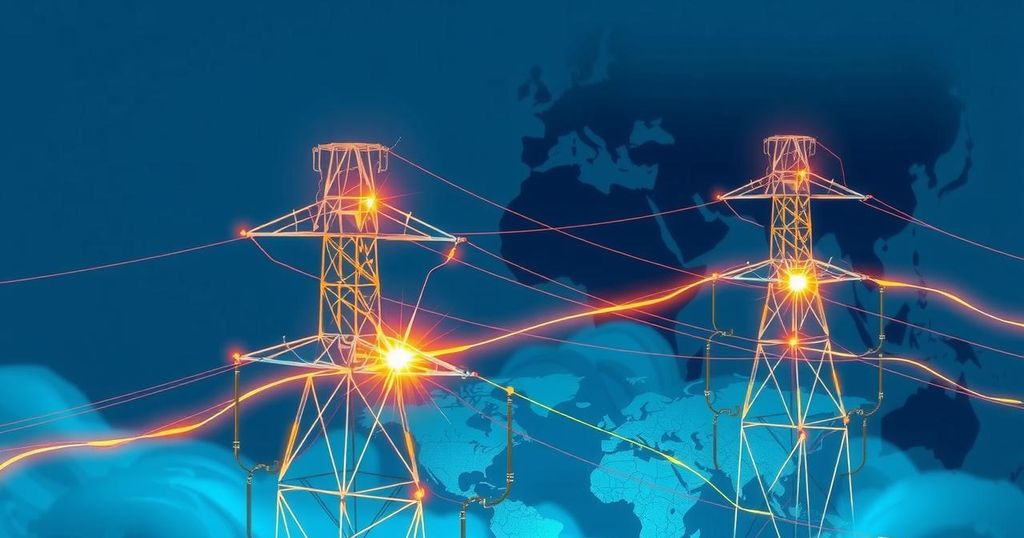Mountain Collapse in Congo Exposes Copper Reserves Amid Colonialism Debate
A mountain collapse in the Democratic Republic of Congo revealed significant copper reserves, sparking conversations about colonialism and resource ownership. Located in the resource-rich Katanga region, this incident has garnered viral attention and significant commentary regarding the protection of local minerals from foreign exploitation. The area is known for its valuable copper deposits and the growing global demand for these resources has intensified discussions about their rightful ownership and protection.
A recent mountain collapse in the Democratic Republic of Congo has garnered widespread attention due to the substantial copper deposits revealed by the event. The incident, occurring in the resource-rich Katanga region, has sparked discussions related to colonialism and the protection of local resources. Viral videos showcased the collapse, with crowds in attendance noticing the sheer volume of minerals exposed, prompting both concern and somewhat humorous commentary on social media platforms regarding safeguarding these assets from foreign exploitation. The Democratic Republic of Congo possesses some of the world’s most valuable mineral resources, particularly in copper, which is predominantly located in the Katanga region, acknowledged as part of the Central African Copperbelt. This belt is recognized as the richest of its kind globally, featuring high-grade copper deposits that are economically advantageous due to low production costs. Moreover, the rich mineral landscape includes other resources such as cobalt, uranium, tin, and zinc, highlighting the strategic significance of the region in global markets. The rising demand for copper, driven by its essential role in electrical wiring and the expanding renewable energy sector, has further intensified interest in Congolese minerals. The uncovering of considerable copper reserves due to the mountain’s recent collapse has incited various reactions online, with some users advocating for restrictions on foreign access to protect local resources. Comments on social media included strong sentiments that emphasized the ownership of these minerals by the Congolese people. For instance, one comment read, “Hello continental Europe, UK, USA, China – keep your filthy hands away. This belongs to Congo people.” This sentiment reflects a broader feeling among local and international observers regarding the need for Congolese sovereignty over its mineral resources and the potential implications of this discovery in the context of historical exploitation. A further comment highlighted the connection between mining practices and the mountain’s collapse, suggesting that the calamity was not purely natural but the result of extensive mining activities.
The Democratic Republic of Congo, particularly the Katanga region, is renowned for its abundant mineral wealth, specifically its high-quality copper reserves. The country is situated within the Central African Copperbelt, a geological formation that is noted for containing some of the highest grade copper deposits in the world. As global demand for copper rises—especially due to the transition towards renewable energy and electric vehicles—interest in these resources escalates. This context adds depth to the recent mountain collapse incident, which not only exposed significant mineral reserves but also reignited discussions about the historical exploitation of such resources by foreign entities.
In summary, the recent mountain collapse in the Democratic Republic of Congo has spotlighted the nation’s substantial copper reserves and revived critical conversations about resource ownership and exploitation. The reactions from social media users reflect a growing sentiment among the Congolese populace for greater control over their natural resources amidst increasing global demand. Protecting these assets from past colonial exploitative practices remains a pertinent issue, highlighting the intersection of local rights and global resource dynamics.
Original Source: www.hindustantimes.com




Post Comment